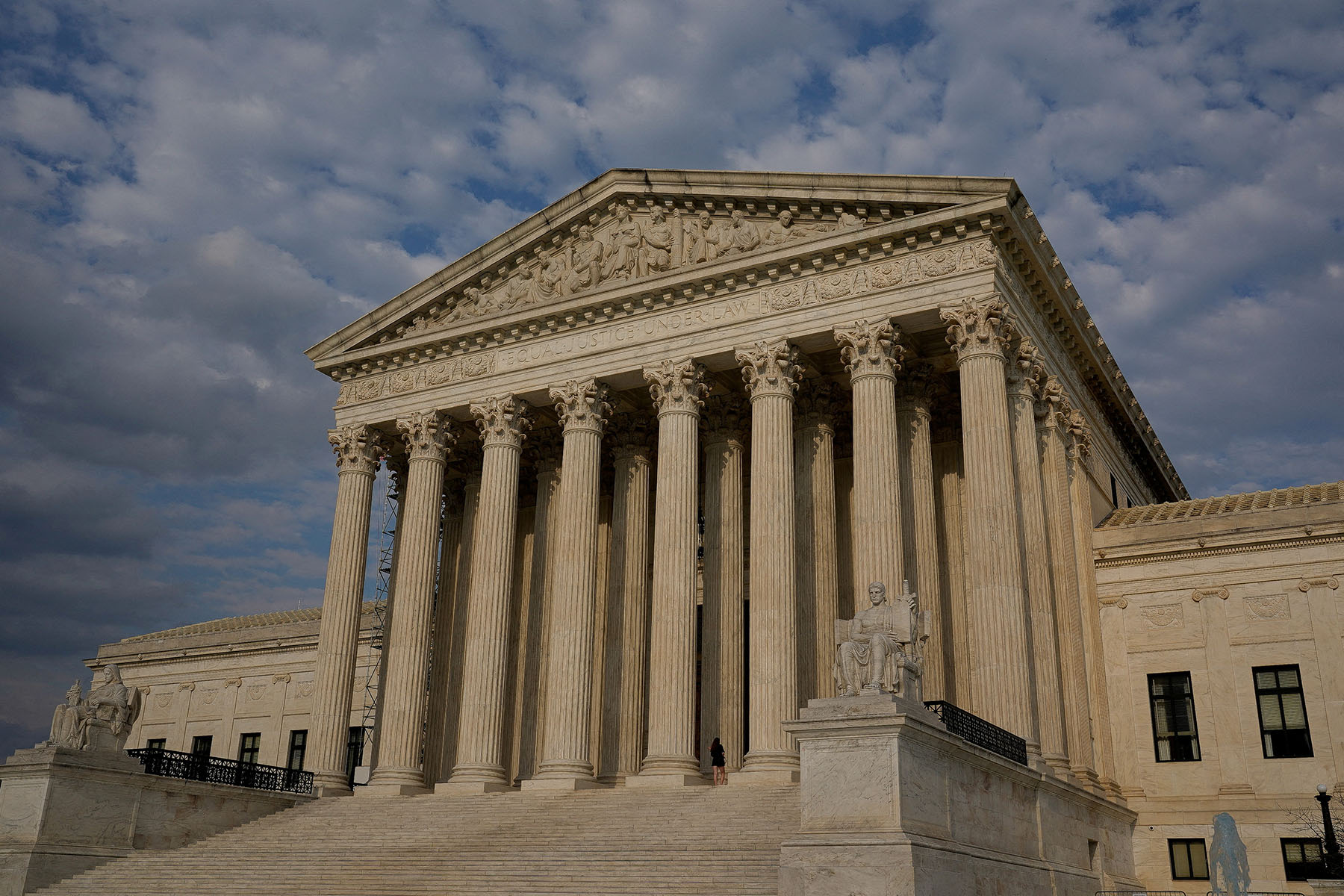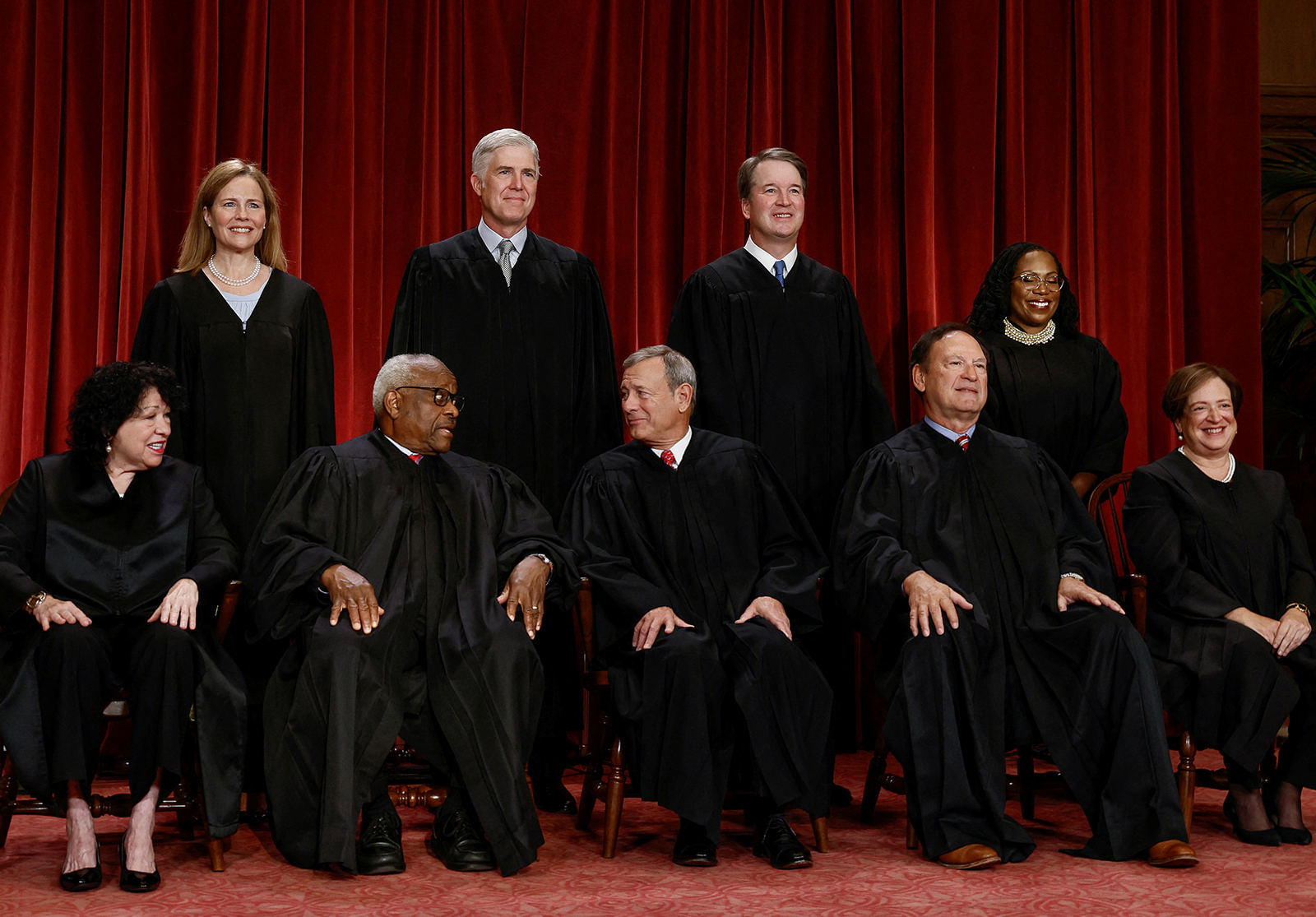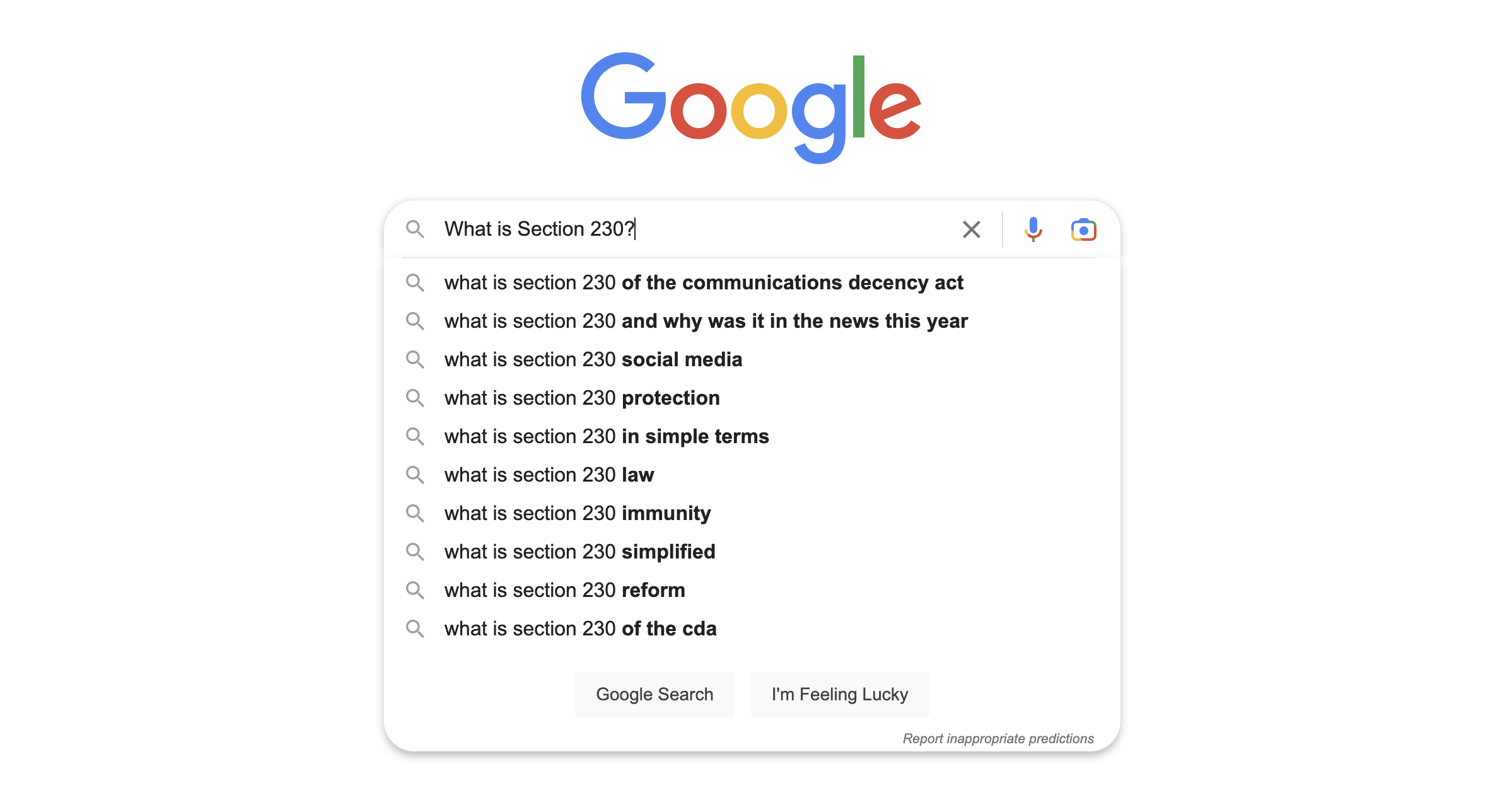Supreme Court to Decide Whether State Laws Limiting Social Platforms Violate Constitution
The Supreme Court agreed Friday to decide whether state laws that seek to regulate Facebook, TikTok, X and other social media platforms violate the Constitution.
Supreme Court Upholds Law Criminalizing ‘Encouragement’ of Illegal Immigration
The Supreme Court ruled June 23 that a federal law which criminalizes the encouragement of illegal immigration does not infringe on free speech rights.
Supreme Court Declines to Hold Tech Companies Liable for Hosted Content
The Supreme Court ruled in favor of both Google and Twitter in two separate cases finding that the tech companies can’t be held liable for content their users share on the platforms.
Supreme Court to Decide if it will Hear Case of Florida’s Social Media Censorship Law
A federal appeals court unanimously found Florida Gov. Ron DeSantis’ social media censorship law unconstitutional in May 2022, and upheld a preliminary injunction barring enforcement of the law.
Supreme Court to Consider Scope of Public Officials Blocking Critics from Social Media Accounts
The Supreme Court agreed April 24 to hear two cases that question whether the First Amendment protects users from being blocked from social media accounts run by public officials.
Supreme Court Considers ‘True Threats’ Doctrine in Colorado Social Media Stalking Case
The Supreme Court heard oral arguments April 19 in Counterman v. Colorado, a case that questions whether intent is necessary to constitute a “true threat” — a category of speech that is unprotected by the First Amendment.
Key Takeaways of Supreme Court Oral Arguments in Gonzalez v. Google
During almost three hours of oral arguments Feb. 21, the U.S. Supreme Court discussed for the first time a case that questions Section 230 protections. The case looks at the liability of social media platforms and search engines regarding speech hosted on their sites, and if recommendation algorithms could be responsible for aiding terrorist activity.
Electronic Frontier Foundation’s David Greene Weighs In on Section 230 and Online Speech
The Supreme Court will hear oral arguments in two cases pivotal to online speech: Gonzalez v. Google on Feb. 21 and Twitter, Inc. v. Taamneh on Feb. 22. Both cases question the liability of social media platforms and search engines regarding speech hosted on their sites, and if recommendation algorithms could be responsible for aiding terrorist activity.




